Americans Are Totally Tired of Hearing These 20 Things
Every day, it seems there’s a new trend, controversy, or piece of advice vying for our attention. While staying informed is crucial, there’s a fine line between being well-informed and being overwhelmed. Certain topics, in particular, have crossed this line, becoming sources of collective eye-rolling across the United States. Here’s a rundown of the 20 things Americans are utterly tired of hearing about.
That Something Big Is Going to Happen in The Coming Day or Weeks, or A Few Months

Credit: iStockphoto
The cycle of hype and disappointment isn’t new. From the Segway’s launch to the latest “revolutionary” tech gadget, the narrative is all too familiar: a groundbreaking invention is on the horizon, promising to change our lives forever… until it doesn’t. The buildup often leads to disillusionment, leaving us wary of the next big announcement.
The Kardashians

Credit: Wikimedia Commons
The Kardashians have become synonymous with the saturation of celebrity culture in our daily news feed. Their omnipresence in the media has sparked a broader discussion about the space celebrity news occupies, often at the expense of more pressing global issues. This constant exposure has led to a collective fatigue, begging the question: What are we really gaining from this information?
Ringing in My Ears

Credit: pexels
Tinnitus, or the constant ringing in one’s ears, has become widespread, emblematic of hearing damage. The normalization of blasting music and living in loud environments has contributed to a general lack of awareness about the long-term effects of noise exposure, turning what might seem like an individual problem into a public health conversation.
Politicians Lying
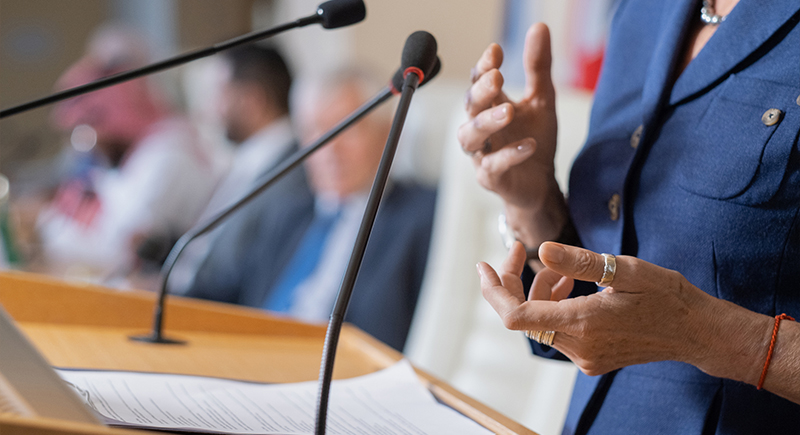
Credit: iStockphoto
Political dishonesty, particularly about financial management and its impact on the average citizen, has bred frustration and cynicism. The sense that government decisions often favor big corporations over the needs of the populace has left many feeling disregarded and disillusioned with the political process.
My Car’s Extended Warranty

Credit: pexels
The topic of car warranties, especially the aggressive marketing and complex associated terms, has become a universal annoyance. This issue underscores the broader problem of invasive sales tactics and the often misleading fine print in contracts, reflecting a culture of consumer exploitation.
Donald Trump

Credit: Wikimedia Commons
Regardless of political affiliation, the constant media coverage surrounding Donald Trump, fueled by the economics of clicks and views, has led to a sense of fatigue. This endless focus on a single figure, often at the expense of other significant news, illustrates the media’s role in shaping public discourse, sometimes to the detriment of broader awareness.
For the Safety of the Children

Credit: pexels
Invoking children’s safety, particularly in debates over social media and surveillance, has highlighted the selective nature of privacy concerns. This argument often masks deeper issues about who controls the data and for what purposes, leading to a broader conversation about the balance between safety and privacy.
Your Phone when I’m on The Train

Credit: pexels
The plea for using headphones in public spaces has become a call for basic courtesy and mindfulness in shared environments. This seemingly small issue touches on the larger need for respect and consideration in increasingly crowded and interconnected spaces.
Downplaying Our Food
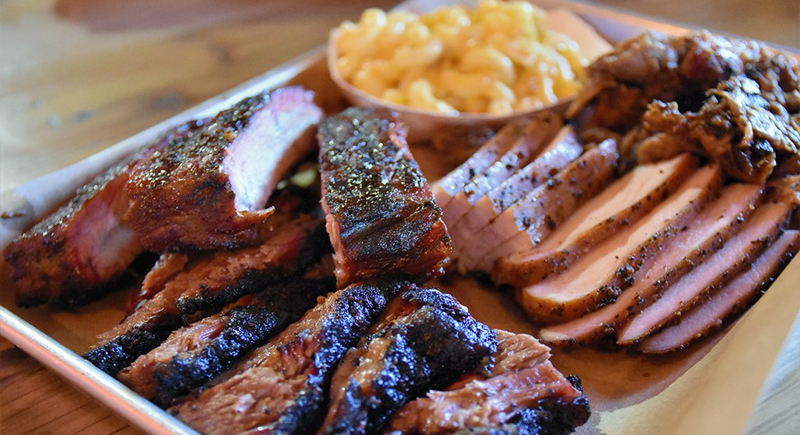
Credit: flickr
Criticisms of American cuisine often fail to acknowledge the country’s diverse food landscape. From BBQ to southern soul food, the U.S. boasts a rich culinary tradition that reflects its multicultural fabric, challenging the notion that American food lacks depth and variety.
That We’re All Overweight and Inactive

Credit: pexels
The stereotype of Americans as overweight and inactive oversimplifies a complex issue. This view ignores global trends in lifestyle changes, urban planning, and the structural challenges affecting access to healthy living options, painting an incomplete picture of the nation’s health landscape.
That We Know Nothing About Geography

Credit: pexels
Stereotypes about Americans’ knowledge of geography are often based on selective interviews and sensationalized media portrayals. These generalizations fail to capture the diverse levels of awareness and education among the population, underscoring the danger of simplifying complex issues.
That We Lack Diversity

Credit: pexels
The everyday experiences of Americans contradict assertions that the U.S. lacks cultural diversity. The nation’s social fabric is woven from myriad backgrounds, offering rich exchanges of traditions and perspectives and challenging misconceptions about American society.
Everything We Do Is the Worst

Credit: Wikimedia Commons
Comparisons of educational policies and practices often place the U.S. in an unfavorable light. However, the country offers unique benefits, such as guaranteed local school enrollment and student resources, challenging the narrative of systemic failure in the American education system.
Nobody Wants to Work Anymore

Credit: pexels
The claim that people are unwilling to work overlooks the realities of low wages and poor working conditions. This sentiment reflects a broader dissatisfaction with how labor and respect are valued in the workplace, pointing to systemic issues in the economy and society at large.
Our Nonexistent Obsession with The Pledge of Allegiance
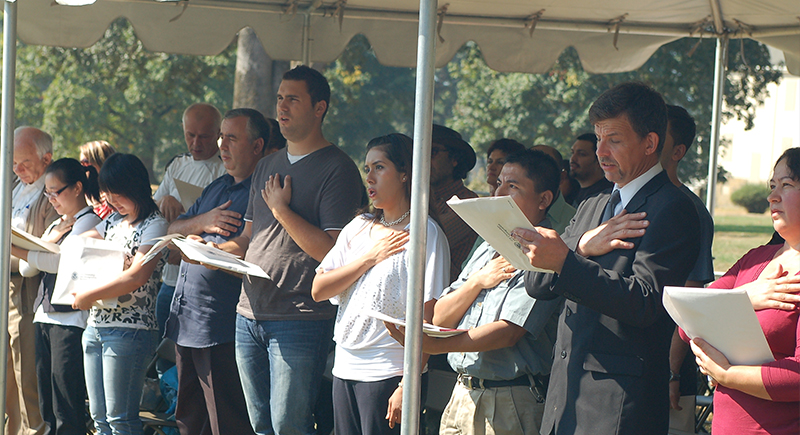
Credit: Wikimedia Commons
Misunderstandings about the significance of reciting the Pledge of Allegiance in schools highlight a gap between perception and reality. For many, this practice is a routine part of school life, not the fervent display of patriotism that outsiders often portray.
“Come and Get Your Love” by Redbone
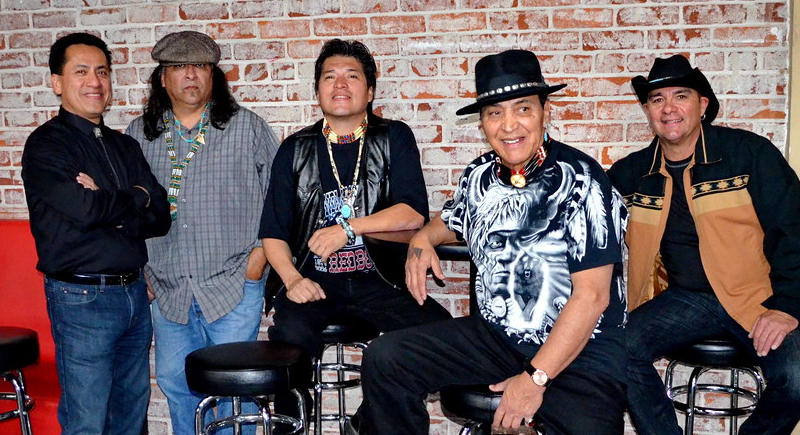
Credit: flickr
The overplay of certain songs, like “Come and Get Your Love” by Redbone, exemplifies the broader issue of cultural saturation. The constant repetition of popular tunes can dull their impact, sparking conversations about how media consumption shapes our experiences of culture.
About how Great and How Much Better Everywhere Else Is
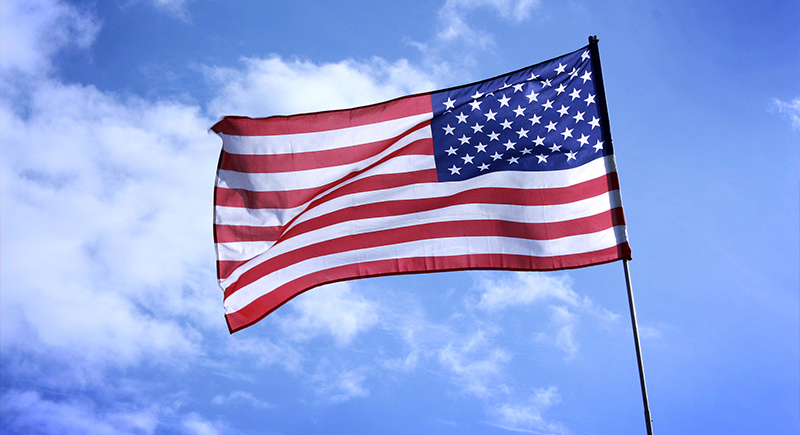
Credit: Wikimedia Commons
The tendency to idealize other countries while critiquing the U.S. overlooks the complexities and challenges facing nations worldwide. This perspective fosters a more nuanced understanding of America’s place in the international community, encouraging a balanced view of global issues.
The Drug and Pharmaceutical Commercials

Credit: iStockphoto
The pervasive nature of drug and insurance commercials, especially in settings like nursing homes, highlights the saturation of healthcare marketing. This constant barrage contributes to a sense of information overload and cynicism, reflecting broader concerns about the commercialization of health and well-being.
The Pressure to Be Always Connected
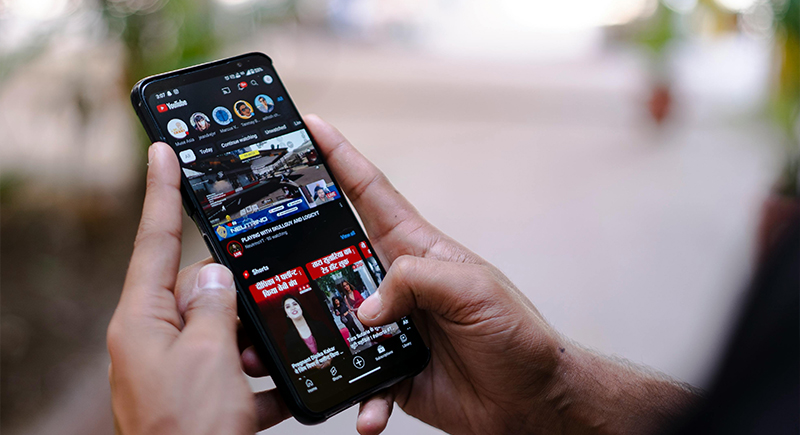
Credit: pexels
In a world where digital connectivity is celebrated, the pressure to be always online and responsive has become a source of stress and burnout. This constant demand for digital presence overlooks the importance of disconnecting for mental health and personal well-being, challenging the notion that being constantly available is inherently optimistic.
The Hype Around Every New Streaming Service
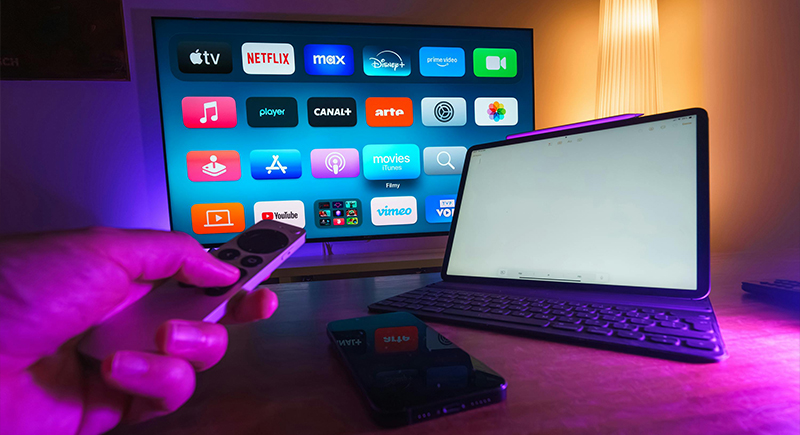
Credit: pexels
As the number of streaming services continues to grow, so does the fatigue surrounding each new platform’s launch. The excitement that once accompanied the debut of a new streaming option has given way to a sense of overload. With each service promising unique content but contributing to an increasingly fragmented viewing experience, the conversation has shifted from one of anticipation to one of skepticism about the sustainability of the streaming model and its impact on consumers’ wallets and viewing habits.
Endless Hot Takes on What Gen Z Really Wants

Credit: iStockphoto
The endless stream of think pieces about what Gen Z “really wants” feels more exhausting than enlightening. Every week brings another sweeping generalization, boiling an entire generation down to a TikTok trend, a slang word, or a shopping habit. Americans are growing tired of this surface-level analysis that treats Gen Z like a marketing mystery instead of a group of complex individuals.
That If You’re Not Rich by 30, You’ve Failed

Credit: pixelshot
The idea that failing to be rich by 30 signals personal failure has worn thin. It overlooks rising costs of living, stagnant wages, student debt, and shifting economic realities that make traditional markers of success less attainable. Americans are rejecting the outdated narrative, recognizing that financial milestones happen on different timelines, shaped by circumstances far beyond individual ambition.